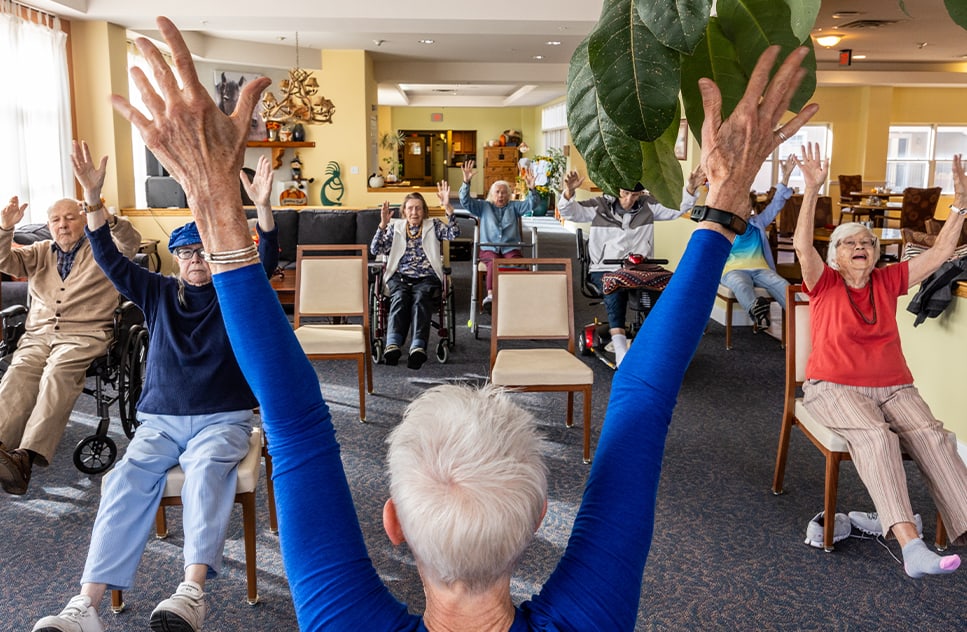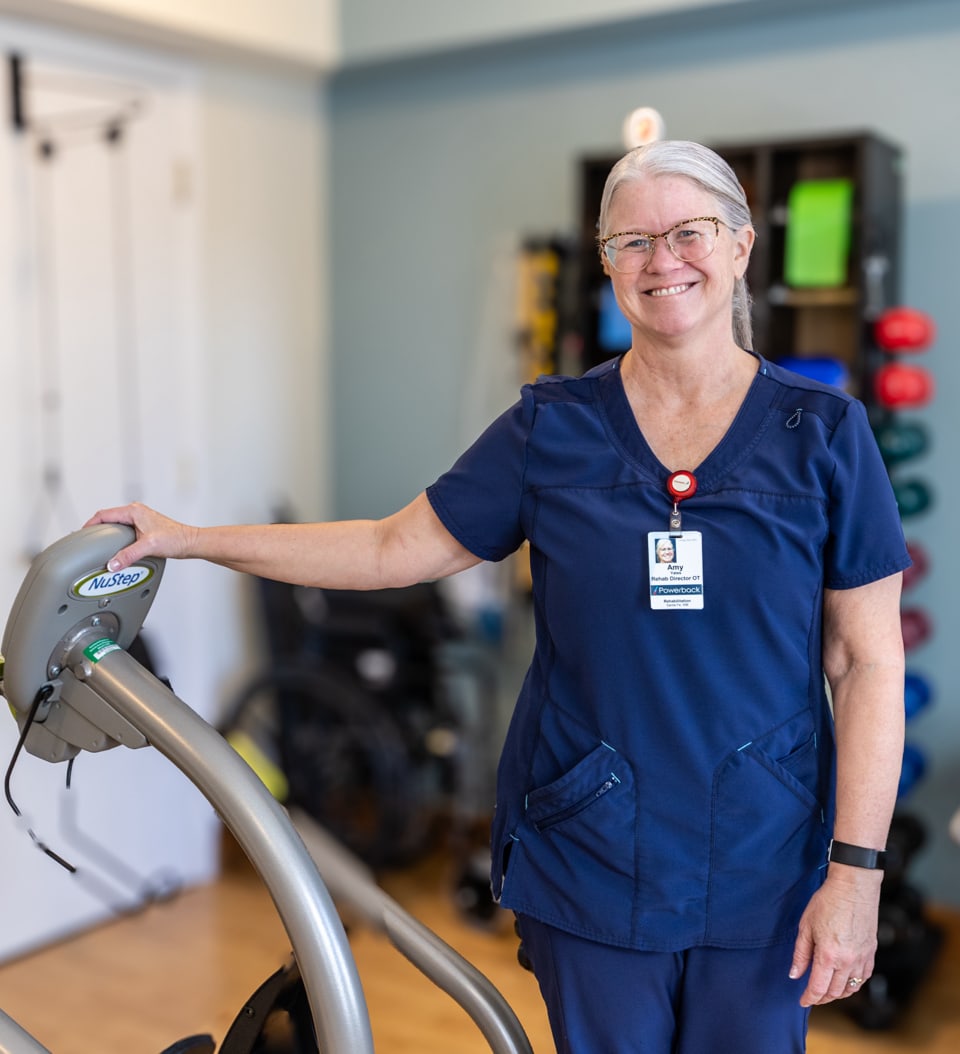Aging looks different for everyone. Some people embrace new rhythms with ease, while others feel unsettled by change. For many, staying connected to familiar activities, routines, and people can make all the difference.
That’s where continuity theory comes in. The premise explains why routines matter and how they shape a person’s ability to adapt to aging.
Continuity theory suggests that those who maintain their lifelong habits, values, and relationships often experience greater stability, independence, and emotional comfort.
The Basics of Continuity Theory in Aging
Sociologist Robert Atchley introduced the continuity theory in the 1970s. It focuses on the idea that maintaining consistency in life can help people adapt to the challenges of aging.
The theory is based on a simple but powerful idea: people age better when they stay connected to the things that have always mattered to them.
It doesn’t mean avoiding change. It means adapting in a way that preserves core elements of identity. Routines, relationships, interests, and the environment itself all make a difference.
Whether it’s reading the newspaper with a cup of coffee or calling a lifelong friend on Sundays, these patterns provide structure and meaning.
When changes do arise—from health shifts to new living arrangements—familiar routines can help soften the transition. It’s carrying key parts of it forward with purpose.
Core Principles of Continuity Theory
Continuity isn’t one-size-fits-all. The theory is divided into several categories that help explain how people maintain consistency in their lives, even as their circumstances change.
Internal Continuity
Internal continuity refers to traits, preferences, and emotional habits that tend to stay the same over time. Factors such as personality, values, and coping mechanisms significantly influence how someone adapts to aging. These internal traits help a person maintain a sense of identity.
External Continuity
External continuity involves the world around us. A person’s environment and surroundings have a direct impact on familiarity and connection. Even small touches make a difference. It helps to decorate your loved one’s home with familiar items, like:
- Photographs of family & friends
- Favorite artwork or decorations
- Books or magazines that they enjoy
- Memorabilia from past experiences
- Comforting objects, such as blankets or pillows
These create a comfortable, warm environment for your loved one. It also brings consistency to each day, as they’ll be surrounded by their favorite belongings.
Adapting Through Continuity
Continuity doesn’t mean resisting all change. It means using what’s familiar to navigate what’s new.
An older adult who always enjoyed painting may no longer hold a brush the same way—but teaching art or switching to digital media still supports their artistic spirit. By adapting their daily life, they retain both enjoyment and identity.
How Continuity Theory Impacts Seniors
Aging brings all kinds of physical, emotional, and social changes. But those shifts don’t have to be disruptive. Staying grounded in familiar routines can make transitions much more manageable. For older adults, this requires minor changes to daily habits.
The goal is to support adaptation without abandoning what makes life feel meaningful. When caregivers and communities collaborate to support older adults in adapting, the results can be remarkable.
A comprehensive and well-rounded approach helps build a stronger support network for older adults, which is essential for maintaining independence.
Benefits of Continuity for Seniors
Building a sense of continuity goes beyond comfort. It takes time to learn what makes a person unique. However, once you fully understand your loved one, you can encourage them to make a conscious effort to continue working on the activities and habits they love.

Preserving Identity
What we do, what we care about, and who we spend time with are key parts of our identity. When seniors keep engaging in activities that reflect who they are, their sense of self stays strong—even during times of change.
Emotional Stability
Familiarity reduces uncertainty. When routines are in place and predictable, seniors may feel more secure and less anxious. When anxiety, stress, or depression are involved, these routines bring consistency to everyday life.
Strengthening Social Connections
Consistent relationships are another form of continuity. Friends, family members, and neighbors who’ve been part of a senior’s life for years can offer a sense of comfort, trust, and shared history. The people in our lives play a valuable role in our quality of life.
How Senior Living Offers Everyday Support
In Kingston HealthCare senior living communities, we take every part of the whole person into consideration. Communities like ours strive to create an environment that supports both the body and the spirit. Every factor is accounted for, including:
- Nutritious, chef-prepared meals catered to individual dietary needs
- Access to engaging social activities & events that promote connection
- On-site healthcare services allow professionals to meet medical needs promptly
- Fitness programs designed to maintain physical health & mobility
- Comfortable & secure living spaces tailored for safety & convenience
- Personalized support services to assist with daily tasks & independence
When we include these elements, we’re doing more than supporting well-being—we’re creating a sense of home, even in a new environment.
Supporting Seniors with Familiarity & Connection
Aging isn’t about leaving things behind. It’s about carrying your story with you. Continuity theory reminds us that routines, relationships, and personal passions don’t have to fade with age. So, by making small changes, it’s easy to help yourself—or your loved one—stay connected.
Here at Kingston HealthCare, all of our communities go above and beyond every day to help community members. Here, life is consistent and full of opportunities to connect and find joy. Contact our team to learn more about how we support older adults with purpose and care!






